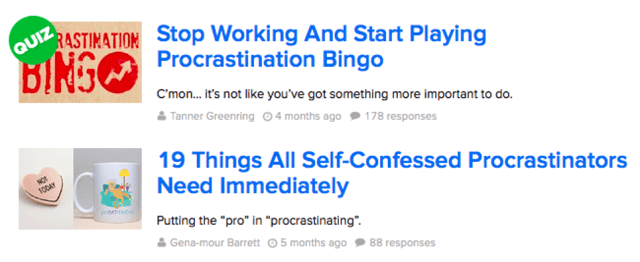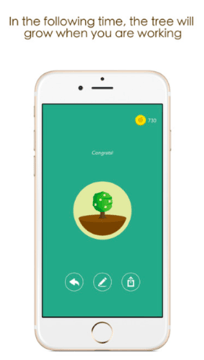One of the greatest challenges of our generation is the nearly constant distraction and temptation that technology affords us, from opening a new tab on our web browser to surfing apps on our phone. How do we harness all of the positive connectivity that these tools offer us, without feeling that our lives are dominated by them?

Technology & Sleep
Research has shown that our circadian, or sleep-wake rhythms, are particularly sensitive to wavelengths of light at the blue end of the spectrum, which are emitted by the screens of our electronic devices. This light exposure has been shown to have alerting effects on us and suppress melatonin, a chemical in our brain that helps signal drowsiness.[1]
Avoiding screens an hour before bedtime is one option for improving sleep hygiene, but this is tough given the demands of homework, more and more e-textbooks, and virtual socializing. Another option, then, is an app called Flux which will gradually block blue light emission from your screen, turning everything a rosy, yellow hue as you get closer to bedtime.
Other key tips for sleep hygiene include separating your work space from sleep space and getting into the habit of a regular sleep and wake time, although adolescents tend naturally towards a later bedtime and wake-up, and unfortunately, this tendency is not always supported by school start times.
Dealing with Distractions
The Internet is both a source of infinite knowledge and productivity as well as infinite procrastination and rabbit holes of BuzzFeed articles. What are some ways to manage this?  Courtesy of BuzzFeed of course.
Courtesy of BuzzFeed of course.
Just kidding!
- Set aside deliberate times when you want to accomplish work, and experiment with turning off e-mail and text to sharpen your focus. You’ll be surprised by how inefficient we are with multi-tasking! A single text popping into the corner of your computer screen can distract you for minutes even after you have replied. You may even want to dedicate 20 or 30 minutes in the morning or evening to answering e-mail to feel that this chore does not take over the day and prevent you from accomplishing other work on the computer.
- Tech to fight tech: When you need the Internet for homework, it can be hard to resist the temptation to browse. Programs such as SelfControl or Cold Turkey can allow you to block a website such as Facebook or Netflix for a pre-set amount of time while you work.
- “Tech shabbat”: Filmmaker Tiffany Shlain has popularized the concept of a “tech shabbat” in which she un-plugs completely from her devices for 24 hours a week. She’s amazed by how long the hours feel during that day because of how present she is able to be with her surroundings and the people around her. Give it a try and see how it feels! You may even want to start small with just a shabbat from Instagram or your laptop.
Lastly, I think it bears noting that receiving e-mail and text notifications, likes on our posts, or the buzz of an incoming message activates the reward pathway of our brain. This reinforces the behavior of checking for e-mails and likes, making these habits difficult to resist, especially when our willpower is running low (i.e., at the end of a long day at school). That’s why taking away the option to even look, such as by turning your phone on airplane mode while you study, can be a powerful way to reign in the habit.
 Routines
Routines
Finally, routines are crucial tools for time management. These routines may include activities that you want to be better at regularly accomplishing (such as flossing) as well as activities that you look forward to (such as watching a movie with your family on weekends). Both kinds of routines are important to cultivating your sense of well-being. Study routines, such as a quiet place in your home or library where you enjoy working and a group of friends who come together to review for exams, are also helpful. Meditation, which we mentioned at the beginning of this series, is particularly vulnerable to getting excised out of the schedule since it may not feel “necessary” in the moment, so building it into part of a regular routine will make it eventually become as automatic as brushing your teeth. Former CC staff member Kening Zhu has a fantastic blog post on how to develop a consistent Morning Routine that will enable you to accomplish things before the day has officially begun and set yourself up for a smooth, productive day.

Good luck, and would love to hear thoughts on your own struggles and triumphs navigating our hyper-stimulating world!
[1] UpToDate Database: Sleep Hygiene. Last updated August 26, 2016.
Are you interested in getting focused with a tutor?
Read more tips on study skills below!

Comments